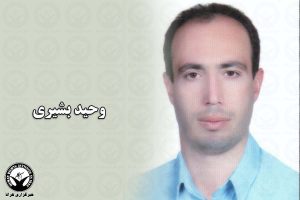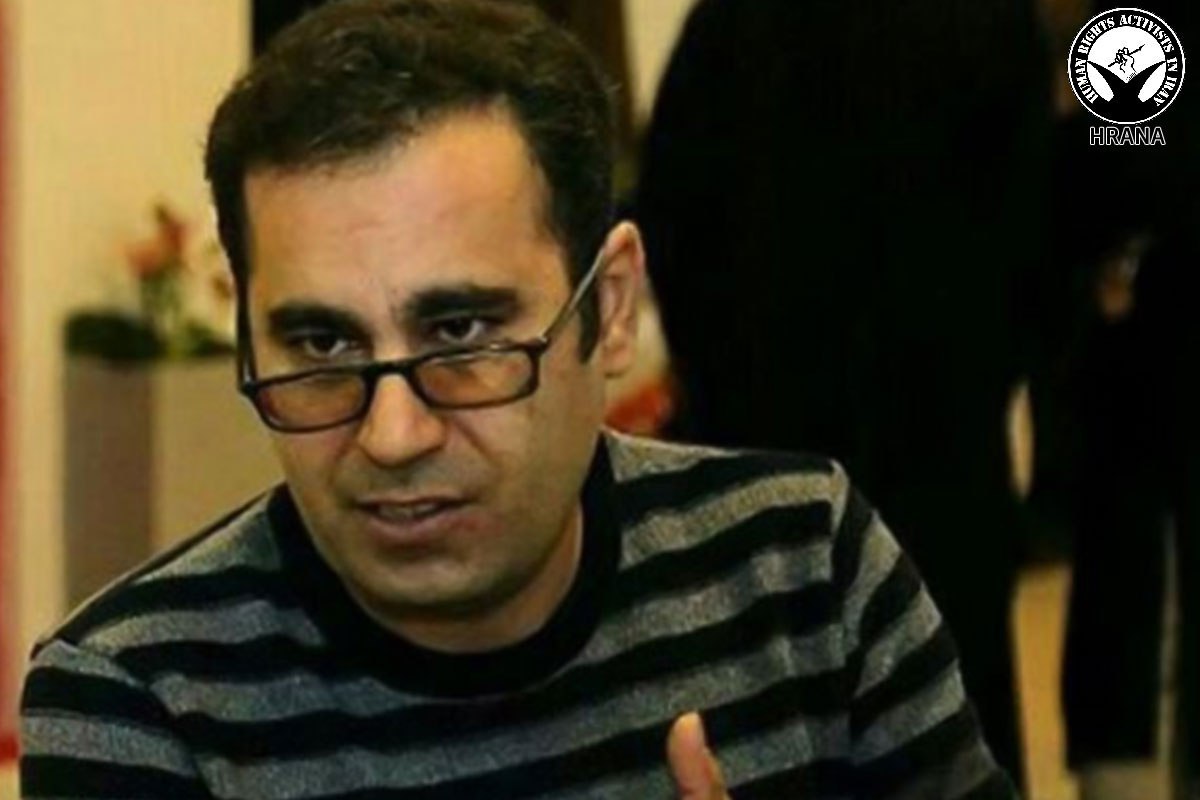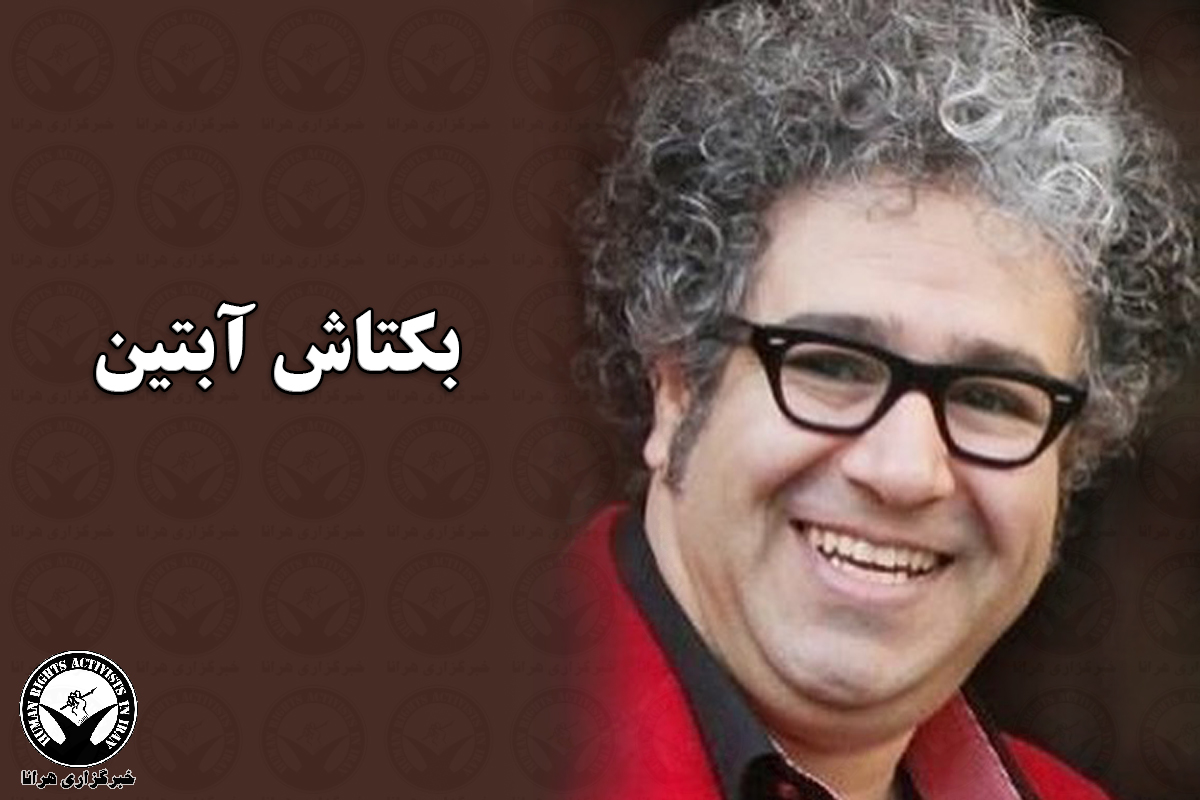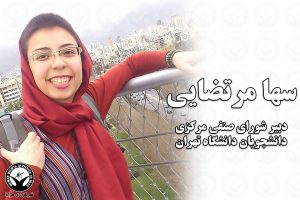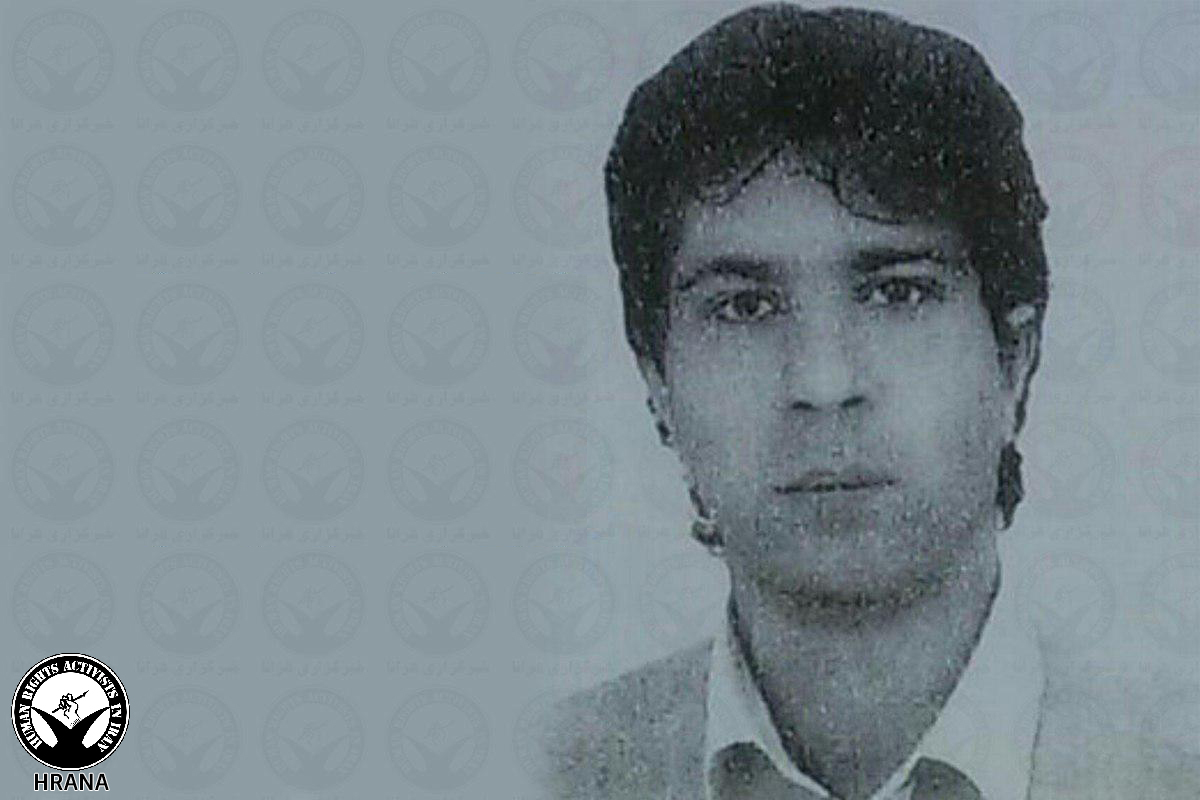Human Rights Activists News Agency (HRANA) – Vahid Bashiri, a civil rights activist and resident of the city of Hamadan in Iran’s west, was sentenced to one year of suspended imprisonment on a charge of “propaganda against the regime” for meeting with the families of protestors killed during widespread rallies in January in Iran.
Bashiri was summoned to the Revolutionary Court of Tuyserkan in July 2018 and sentenced on August 26th, 2018. In accordance with Iranian law, since 20 days have passed since the sentence has been issued without Bashiri filing for an appeal, the sentence has now been finalized. Tuyserkan is a city in Hamedan Province.
An informed source told HRANA that Bashiri’s charge stems from his visits with the families of those who participated in protests that took place across Iran in January 2018.
“The accusation attributed to Bashiri is “propaganda against the regime” through visiting and expressing compassion for those killed in the January protests in Tuyserkan,” the source said.
On July 27, HRANA reported that Bashiri had been summoned to the Revolutionary court of Tuyserkan to answer for the charge.
Earlier, a source close to Bashiri confirmed the report of his summons and told HRANA that “this charge was due to him visiting with the families of those killed during the January protest in Tuyserkan. This is due to the fact that the Tuyserkani civil activist had simply met with the families of the dead to express his sympathies and offer condolences.”
A large number of individuals were detained and interrogated during the January protests across the country. The protests, and the subsequent violent response by Iranian security forces, saw the deaths of 25 people and the arrests of over 5,000 people. The Islamic Republic of Iran’s broadcasting service reported that six individuals died as a result of the January protests in Tuyserkan.



